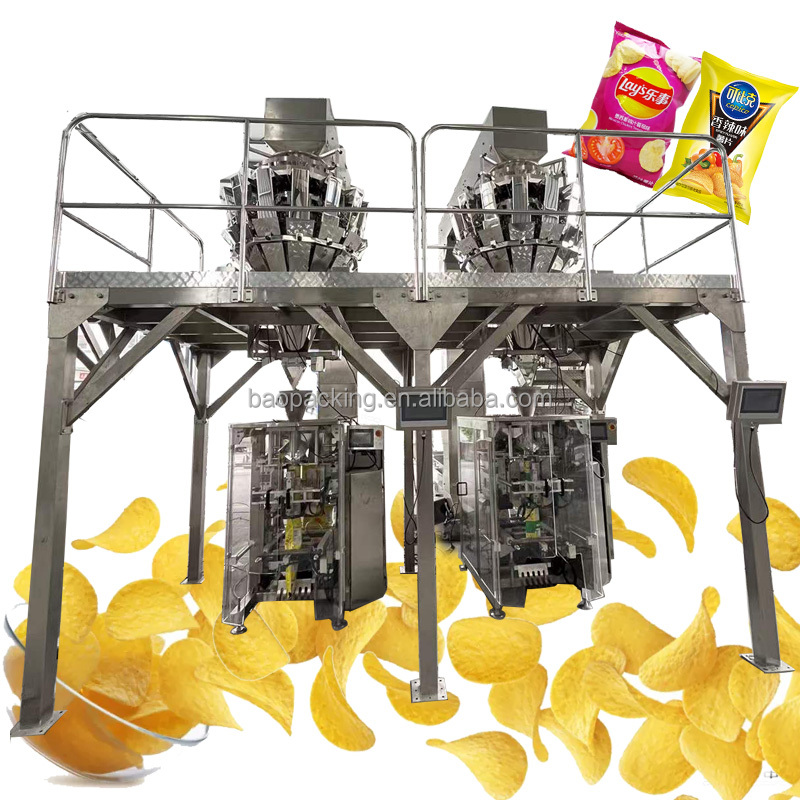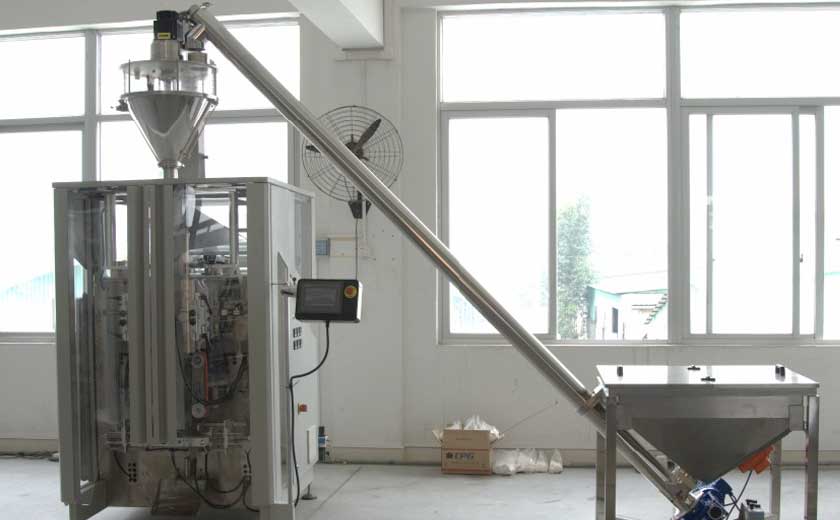The Cost vs. Value of Cream Paste Filling Machines
In the food and beverage industry, cream paste filling machines play a crucial role in packaging products such as pies, pastries, and desserts. While the initial investment in a filling machine can be significant, understanding the long-term value it provides can justify its cost. This article explores the key factors to consider when evaluating the cost versus value of cream paste filling machines.
Acquisition and Installation Costs
The initial acquisition and installation costs of a cream paste filling machine can vary depending on the type, size, and features. Factors to consider include:
Machine Type: Rotary machines are generally more expensive than inline machines, but they offer higher speed and efficiency.
Capacity: Larger machines with higher filling volumes come with a higher price tag.
Features: Advanced features such as automatic nozzle systems, CIP capabilities, and touch-screen interfaces can increase the cost.
Maintenance and Operating Costs
Ongoing maintenance and operating costs are essential expenses to factor in. Regular cleaning, lubrication, and part replacements are necessary to ensure optimal performance. Additionally, consider:
Energy Consumption: Energy-efficient machines can reduce operating costs over time.
Labor Requirements: Automated machines require less manual labor, reducing labor costs.
Downtime: Minimizing downtime for maintenance and repairs can increase productivity and profitability.
Quality and Accuracy
The quality and accuracy of the filling process directly impact product consistency and customer satisfaction. Cream paste filling machines offer various features to enhance these aspects, including:
Precision Nozzles: Precise nozzle systems ensure consistent fill weights and prevent overfilling.
Temperature Control: Temperature-controlled filling systems maintain optimal paste consistency and prevent spoilage.
Calibration Features: Regular calibration helps maintain accuracy and minimize product waste.
Efficiency and Productivity
Cream paste filling machines can significantly improve efficiency and productivity in packaging operations. Key factors to consider are:
Filling Speed: Faster machines increase throughput and reduce production time.
Multi-Lane Filling: Machines with multiple filling lanes can fill multiple containers simultaneously, increasing capacity.
Integration: Seamless integration with other equipment, such as conveyors and packaging lines, optimizes workflow.
Hygiene and Safety
Hygiene and safety are paramount in food production. Cream paste filling machines should meet industry standards and regulations, including:
Sanitary Design: Stainless steel construction and hygienic design prevent contamination.
CIP Capabilities: Automated cleaning-in-place systems ensure thorough cleaning and reduce downtime.
Safety Features: Safety guards and emergency stop buttons protect operators from hazards.
Conclusion
The cost versus value of cream paste filling machines should be carefully evaluated based on the specific requirements of each operation. While the initial investment may be substantial, the long-term benefits, such as improved quality, increased efficiency, and reduced operating costs, can outweigh the expense. Careful consideration of these factors ensures that the machine purchased provides maximum value and supports the overall success of the packaging operation.
-
Overview of Packaging Machine Buying Guides
08-01-2024 -
How Does a Vertical Form Fill Seal Machine Work?
30-10-2023 -
Advancements in Auger Powder Filling Technology
27-10-2023 -
A Deep Dive into Automatic Packaging Machines
26-10-2023 -
The Revolutionary Fully Automatic Potato Chips Packaging Machine
20-09-2023 -
How to choose the right packaging machine?
23-08-2023 -
Reducing Waste And Maximizing Yield With Multihead Weigher Machines
15-03-2023 -
Nuts Packaging Machine for Dry Products Perservation
26-11-2022 -
Is Automated Biscuit Packaging Machine Better Than Manual Opeartion?
25-11-2022













